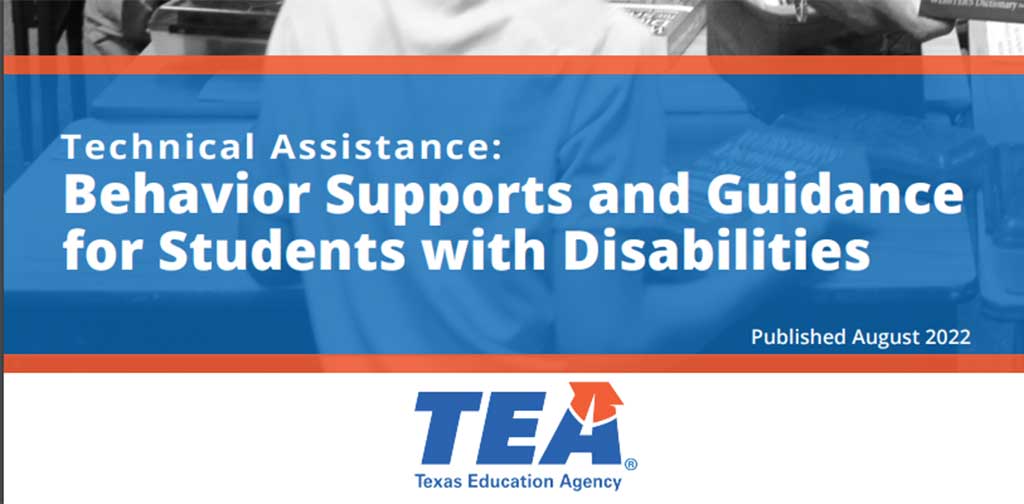Sometimes, a school district and parents disagree on the details or delivery of a child’s 504 plan. Some disagreements become serious disputes. A good example is when a school won’t provide assistive technology for a child.
The term “504 plan” is from Section 504 of the Rehabilitation Act, a federal law protecting the civil rights of people with disabilities. Section 504 provides several ways to resolve conflicts. However, the federal law leaves many of the details up to individual states and school districts. Schools are required to notify parents about the process and usually do so in writing.
If your child has a 504 plan, it’s important to know about these five options for resolving a 504 plan dispute. They’re all covered by federal law. Remember that your state and school may have their own rules.
[rescue_box color=”blue” text_align=”left” width=”100%” float=”none”]
At a Glance
504 plan disputes are usually about the rights of a child to have technology or accommodations in the classroom.
Section 504 offers several ways to resolve a dispute, but states and schools often have their own rules.
Your options include negotiation, mediation, an impartial hearing, a complaint or a lawsuit.
[/rescue_box]
Option 1: Informal Negotiation
Parents don’t have a legal right to be part of the team developing a child’s 504 plan. Even so, schools typically try to include parents in their child’s 504 plan meetings. During these meetings, you have an opportunity to talk with the school about what your child needs. Later, if your child’s 504 plan isn’t working, you can ask to meet with the school. They will usually try to work through any issues.
Option 2: Alternative Dispute Resolution
Alternative dispute resolution (ADR) is a catchall term for different ways to work through a conflict. This often includes mediation. Mediation is when you and the school try to reach an agreement with the help of neutral third person. Some, but not all, states and schools offer ADR for 504 plan disputes.
Option 3: Impartial Hearing
If, after mediation, you and the school still disagree, Section 504 says the school must give you the option of an “impartial hearing.” This is like a short trial where you present your side of the story. You need send a letter to the school district, formally requesting an impartial hearing. Because the rules vary from state to state, be sure to find out specifics about what must be included in the letter.
The person who decides the case is usually called a hearing officer. The hearing officer is qualified and will be nonpartisan. The hearing takes place in a location and at a time that’s convenient to both you and the school. You also have the right to hire a lawyer and to appeal any decision.
Option 4: Office for Civil Rights Complaint
Another option for a 504 plan dispute is to file a complaint with the Office for Civil Rights (OCR) for the U.S. Department of Education. An OCR complaint is simply a letter claiming the school violated Section 504. You must file the complaint within 180 days of the violation.
OCR complaints are limited. They focus only on whether a school followed the law. They usually don’t address the content of a 504 plan or question individual education decisions or placement. An OCR complaint may lead to an investigation of the school. Visit the OCR website to learn more at http://www2.ed.gov/about/offices/list/ocr/docs/howto.html?src=rt
“Because of the time and expense involved, make sure you’re confident you have a strong case before you decide to go to court.”
Option 5: Lawsuit
If you believe the school is discriminating against your child because of her disability, you can file a lawsuit. You don’t need to go to an impartial hearing or file an OCR complaint first. But remember, a lawsuit is expensive and requires that you hire a lawyer.
Because of the time and expense involved, make sure you’re confident you have a strong case before you decide to go to court. A good example would be if the school says your child can’t participate in a school activity solely because of her disability.
No one wants to be in conflict over a child’s education. But if you have no other choice, it’s important to know your options. Since 504 plans and processes can vary from school to school, make sure to ask your school for information on its dispute process.
To be the best advocate possible, consider reading about your rights under Section 504. The more you know, the better prepared you will be to advocate for your child.
[rescue_box color=”blue” text_align=”left” width=”100%” float=”none”]
IEP vs. 504: Which One Do You Need In Your Corner? Webinar on May 15 @ 12:15 p.m. CST
Join us for this free webinar as we discuss the differences between IEPs and 504 plans. They’re similar in some ways but quite different in others. Learn what law applies, who is eligible, and which program/plan might work best for your child.
Register for the IEP vs. 504 webinar >
[/rescue_box]
This article 5 Options for Resolving a 504 Plan Dispute by Andrew M.I. Lee is from the Understood.org website. Understood.org is a great resource for information on attention and learning issues. https://www.understood.org



